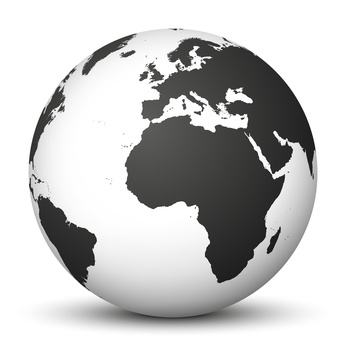By Tinat Tim
The profession of Sign Language Interpretation in Africa is gradually taking a different dimension from what it used to be. My responsibility to shoulder the Africa Region as the regional representative has giving me an idea of what is obtainable in other countries of Africa. I usually think that Nigeria case is exceptional to other situations but it is obviously a common Phenomenon. It is therefore not out of place to dust the past and accept our difference in pursuing our goal of raising standards in Sign Language Interpretation.

A lot have been said about the Fake South Africa interpreter issue but I wonder if the fundamental question is addressed. Thus:
• Is there an interpreter association in South Africa?
• What is its relationship with the South Africa Deaf Association?
• Do both associations have the capacity to have avoided the situation?
Presently in Nigeria we have a signed MoU with the deaf Association and part of it provisions is to work together towards providing the acceptable standard of sign language to all deaf communities. During national programs, we discuss with the Deaf on the type of interpreting service to be expected and also come up with names of those interpreters that have the standard to interpret in such platform. This is to say that even if we cannot have certified sign language interpreters we have skilled interpreters to work in such situations for the benefit of the Deaf Community.
While looking at having good relationship with the deaf community and establishing the Sign Language Interpreters associations, it is also important to know what is happening in other parts of the world and how to replicate some of the steps taking to develop the profession. This can bring about mentorship programs, sharing of human resource and resource materials in the field. It is also important to establish interpreters associations in countries where there are none in existence. Encouraging working relationship between the two communities cannot be over emphasis as it the foundation of a good beginning.